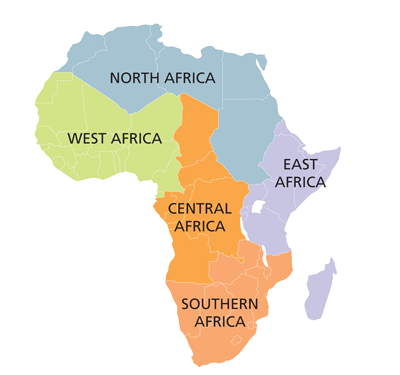The International Monetary Fund (IMF) projects that Sub Saharan Africa region economic growth will contract by -3.0 percent in 2020. IMF says the coronavirus pandemic brought an unprecedented health and economic crisis.
In the Regional Economic Outlook: Sub Saharan Africa the IMF says that the largest impact of the crisis on growth has been for commodity-exporting countries and tourism-dependent economies such as Mauritius and Seychelles. For instance, oil-exporting countries will have an average contraction in 2020 of -4.0 per cent, while non-oil commodity exporters are expected to contract by -4.6 per cent.
IMF says that the onset of the pandemic was delayed in SSA and the infection rates have been relatively low compared with other parts of the world. The pandemic will remain a real concern in the near future given the resurgence of new cases in many advanced economies and fears of repeated outbreaks across the region.
Countries are looking for policies to restart growth as the imposition of lockdowns saw regional activity drop sharply during the second quarter of 2020. However, with the loosening of containment measures, higher commodity prices, and easing financial conditions there have been signs of recovery in the second half of the year.
The IMF forecasts a recovery in 2021 with regional growth rebounding to 3.1 percent but many countries will not return to 2019 levels of output until 2022-24.
Policy responses
In the meantime, in countries where the pandemic still lingers, the priority remains to save lives and protect livelihoods. In countries where the pandemic is under greater control, the policy will focus on the gradual unwinding of crisis-specific lifelines, a rebalancing of fiscal spending to support aggregate demand, and a continuation of accommodative monetary policy where inflation pressures remain muted.
The IMF worries that limited resources across SSA may affect the execution of the fiscal and monetary policies. In this case, countries will have to balance the need to boost the economy against the need for debt sustainability, external stability, and longer-term credibility.
RELATED
Brief; IMF Lowers Kenya Economic Growth Prospects
IMF Extends Debt Relief for Low-income Nations




